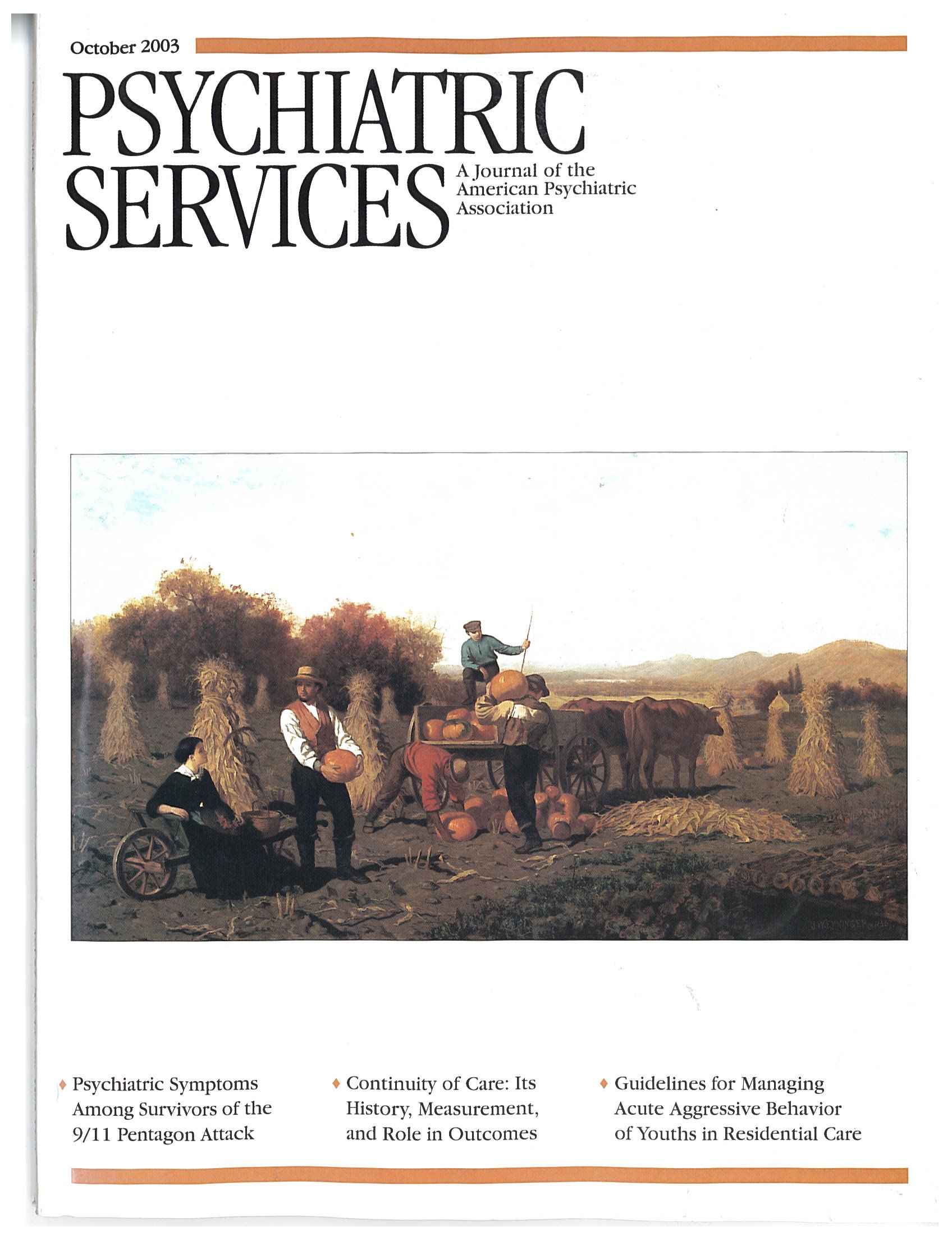Forensic mental health professionals and courts have long struggled with the accuracy of witnesses' and victims' memories of events that are subject to criminal or civil litigation. Defendants, victims, and plaintiffs in legal matters have much at stake based on the accuracy and admissibility of witnesses' and victims' testimony about their memories, including the accuracy of criminal convictions and civil monetary awards.
The accuracy of eyewitness identification of perpetrators, the impact of witness suggestibility on memory, recovery of a crime victim's repressed memories, and implantation of false memories by a psychotherapist have been frequently litigated and remain controversial topics. Courts have struggled with decisions of whether to admit into evidence potentially inaccurate and unreliable testimony from victims and witnesses about memories of the event in question, especially memories that have been hypnotically refreshed, obtained by coercive or suggestive interview techniques, or offered by child witnesses. Forensic mental health professionals are often called on by attorneys or courts to form expert opinions about the accuracy of witnesses' or victims' memories, and courts have struggled with decisions of whether to admit such expert testimony into evidence.
In Memory and Suggestibility in the Forensic Interview, editors Mitchell L. Eisen, Jodi A. Quas, and Gail S. Goodman have assembled a team of psychologist authors who thoroughly address these topics. The book begins with a comprehensive discussion of the historical development of memory theory and an in-depth analysis and literature review of the current knowledge of how memories are formed and retrieved. Other topics include how the strength of memories is determined, changes in the status of memory, memory distortion, hypnosis and its role in memory recovery, face recognition and identification of witnesses, the effect of witness bias on memory and witness identification, and the impact of trauma on the formation of memories.
Several chapters specifically address children's memories and the testimonial capacity of children. The use of children's drawings and anatomical dolls in sexual abuse investigations is presented, as are the effect of suggestion on children's memories, false childhood memories, eyewitness memory errors, and the corruption of childhood memories by adult authorities. Another chapter is devoted to the cognitive interview method, a specific interview technique that reportedly enhances the accuracy of adult eyewitness recall.
This book is readable and is broken down into 18 easily digestible chapters. The reader does not need any existing expertise in the science of memory, other than a general mental health professional background. This book will appeal to a wide audience, including professionals in the fields of psychiatry, psychology, social work, criminology, and law. The book is comprehensive and balanced in its approach, covering both clinical and research aspects of studying memory and suggestibility.
In summary, Memory and Suggestibility in the Forensic Interview is a valuable resource that will benefit mental health and other professionals seeking to learn more about memory and its controversial role in the courtroom.

